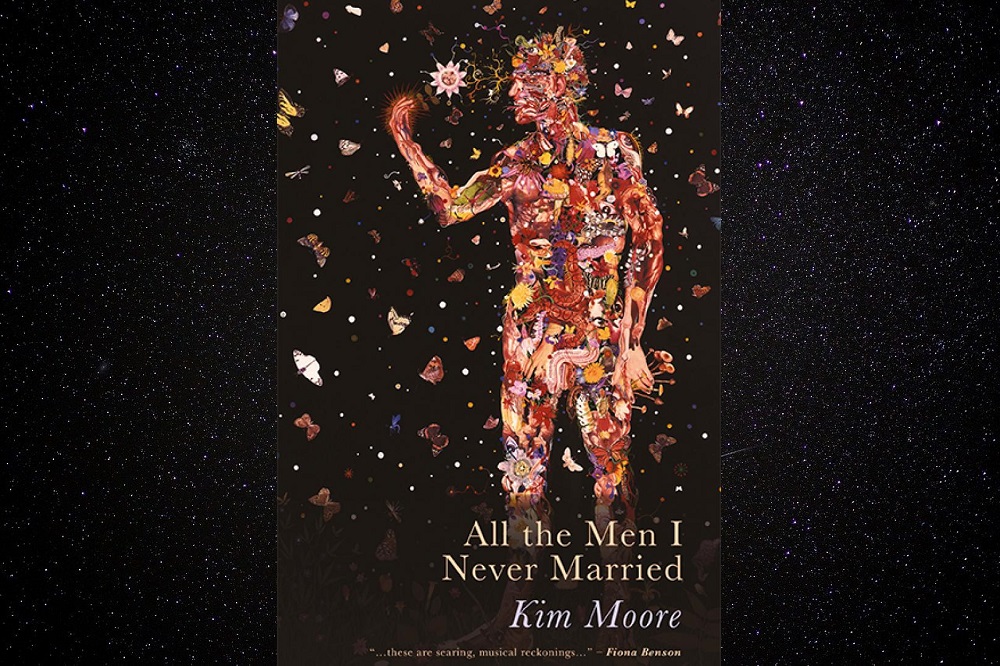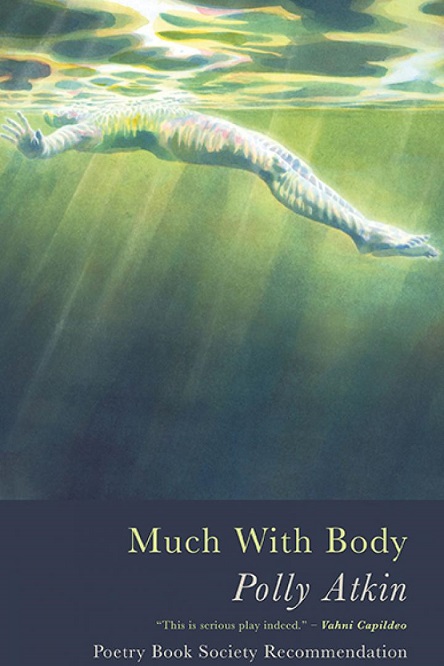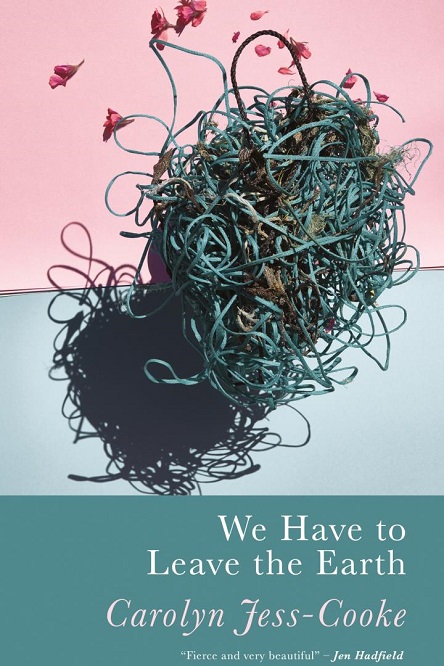Poetry roundup: Caroline Bracken reviews compelling collections from three female poets

Caroline Bracken
Amy Wack, poetry editor, is retiring from Seren after thirty years, she will be badly missed but what a legacy she leaves, not least three collections up for review here. First, Kim Moore’s second collection ‘All the Men I Never Married’ which is both devastating and devastatingly well written. The poems are numbered instead of titled but are listed on the contents page by their first lines which reads like a poem in itself.
The choice not to give the poems titles is an interesting one and shows a degree of confidence and faith in the poems to speak for themselves. It also serves as a kind of depersonalisation which reflects the experiences of women the poems describe and allows a flow from one poem to the other.
A prologue poem ‘We are coming under cover of darkness’ introduces the themes of the collection: the conditioning of girls, subjugation and silencing of women and how we are not taking it any more. This poem is a tour-de-force, a battle cry:
‘There will be riots,/ we’re carrying all that we know about silence/ as we return from the forests and towers.’
Written in italics, this poem reads like a spoken monologue as does poem number 6, ‘That a man approached you in a nightclub.’ Each line in this poem begins with ‘That’, a repetition which illustrates the onslaught of violence against women, it is a perfect example of form mirroring content.
Joy
The full range of Moore’s poetic talents are on display here, she experiments, uses white space on the page to full advantage, there are prose poems and an erasure poem. There is joy in the darkness as in poem 34 ‘I clip the mic to the bell of my trumpet’:
‘at the Haymarket Theatre he taught me to watch the conductor
to mark up the parts with cues run to the bar and save his place
said if in doubt blast it out and no such thing as an uncertain trumpet
that you could do something you loved and live’
If this poetry collection were a concert it would be a virtuoso performance warranting a standing ovation, bravo Kim Moore.

Polly Atkin’s second collection ‘Much With Body’ is one to spend time with. What makes it so brilliant are the layers in the poems which reveal themselves over several readings. For example ‘Hunting the Stag’ can be read as a nature poem, human interference in the ecosystem, limitations and longing. It also reads as an ars poetica:
‘He is higher than you can walk today, or deeper.
You cannot make him come to you.
Not the great stag with his rustling mane not even
the small roe with his sapling antlers.’
Atkin is a poet in full control of language and the line, her poems command the page so the reader knows they are in safe hands. No more so than in ‘Dark Hedges/Barbed Wire’:
‘Dark hedges are oozing, weeping spikes of rust, twists of rust push
through their skin like fences are meant to. Dark hedges
cry sticky dark tears, manifest sore red letters on their hivey skin’
There are touches of humour throughout the collection which is rare in poetry and hard to do well but Atkin does it so well, as in ‘Notes from a transect’: ‘There are people against the beaver. They never/ specify which beaver.’ It takes a great poet to go from writing an experimental poem ‘Rain’ which is part of a sequence of found poems from Dorothy Wordsworth’s journals to a poem called ‘Your ex-first-love is an internet guru, and this is what he says’. Fabulous. This collection is a keeper, I can’t recommend it highly enough.

‘We Have to Leave the Earth’ is Carolyn Jess-Cooke’s third collection and her experience shows. She uses white space on the page like no one else, particularly in the opening sequence ‘Songs for the Arctic’. There’s not a word wasted in this section and each one is allowed a landing place with space around it, echoing the landscape she describes, as in ‘Hammerfest Storm’:
‘Sea working its tools
white hooks
shirring wind
to a pelt the ship akilter’
The second section strikes a more personal note with poems about ancestors, parents, children and two of the best poems I have ever read about depression, ‘Sagittarius A*’ and ‘Birdsong for a Breakdown’: ‘Because I’d swum a thousand miles in tar/ upstream, and tar crept in my ears and ate the memory// of sound’.
‘The House of Rest’ is a sequence of poems based on the life of Josephine Butler, a feminist activist in the 19th century. These are deeply affecting poems which evoke the dreadful conditions for women at the time:
‘The matron shoves me into one of the ramshackle huts
outwith the workhouse,
her hands trembling as she turns the key in the lock.’ (Picking Oakum)
and ‘The Quiet Girls’:
‘children and women are forcibly subjected
to a brutal examination – bound, gagged, feet
in stirrups, metal speculum – in the name of
controlling venereal disease. Many have died;’
Butler was instrumental in overturning the Contagious Diseases Act of 1869 which allowed such barbaric examinations to take place and Carolyn Jess-Cooke’s poems bring Butler back into the light where she belongs.
Poetry pamphlets act as an introduction to emerging poet’s work, a taster of what is to come. ‘Air and Armour’ by Laura Wainwright, published by Green Bottle Press is a pamphlet of twenty-two poems supported by Literature Wales. These are poems of place, the natural world, relationships and motherhood, beautifully weighed and crafted. This is a poet in love with language and its music:
‘I’ll tune each bone to winter
forked steel strikes the hardening year
vibrations of migrating wings
sonorous note of a hoar-frost star’ (To Winter)
and:
‘Trying to settle,
I’m disturbed dust,
sleet
on a salted road.’ (Night Vision)
Wainwright is a poet of serious talent who has found her unique voice, I can’t wait to hear what she says next.
Support our Nation today
For the price of a cup of coffee a month you can help us create an independent, not-for-profit, national news service for the people of Wales, by the people of Wales.





